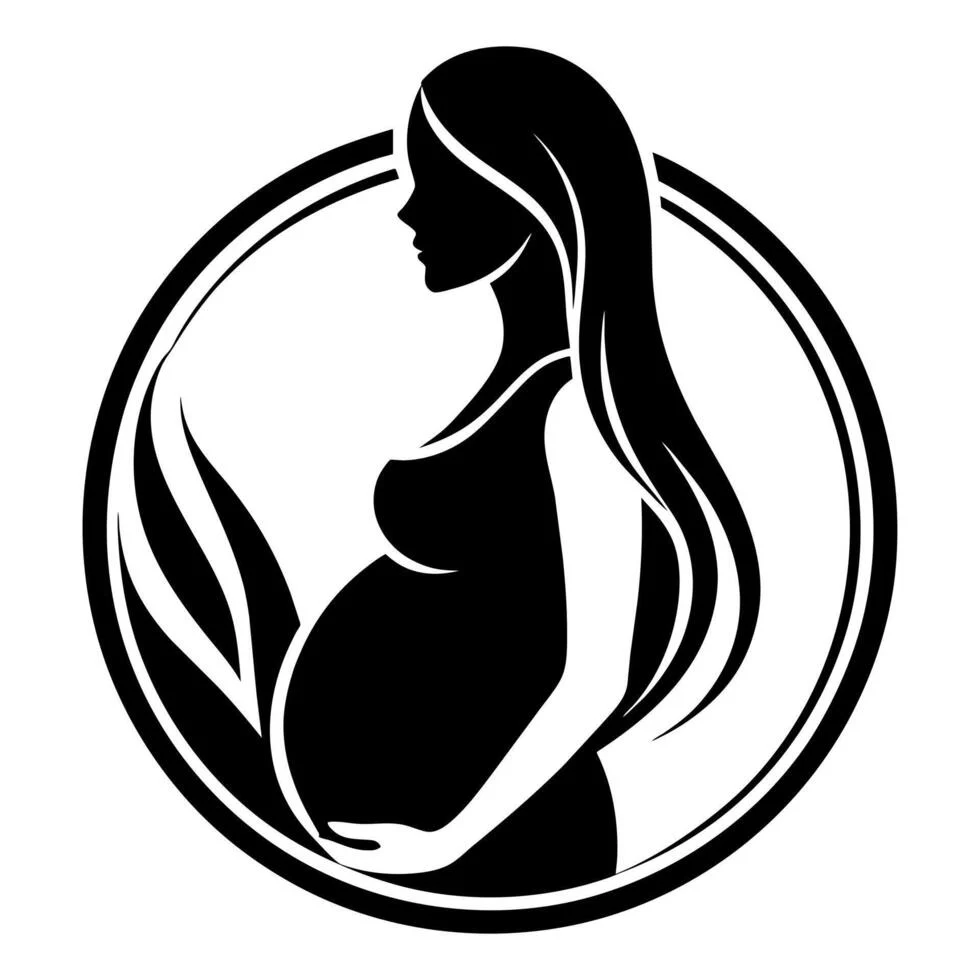Cancer has cast a long shadow over my family. Both of my grandmothers battled breast cancer, and I lost a great aunt to ovarian cancer. In recent years, my family has faced additional challenges with various aunts and uncles diagnosed with breast and prostate cancer. The most devastating blow came in 2011 when I lost my mother to ovarian cancer. The grief was overwhelming, and I found myself consumed by fear. It felt as if I were destined to inherit this terrible fate, and I questioned everything from my daily habits to my future.
For a couple of years, I wrestled with this grief while also grappling with anxiety about my family’s cancer lineage. Questions haunted me: Would I succumb to cancer? Would my daughters face the same fate? Who was next in line for this relentless disease? During moments of extreme anxiety, I often recalled a peculiar trip to Key West in 2006, where I had an encounter with a palm reader. His predictions stuck with me, and even though they seemed far-fetched, they offered a glimmer of comfort during my darkest moments.
Fast forward to last year, during my routine OB/GYN appointment, my doctor urged me to get BRCA testing. He was aware of my family history and the heartache I had endured. Around the same time, I had been following Angelina Jolie’s brave decisions regarding her own health. Inspired, I took home a pamphlet about BRCA testing, but buried it under a pile of papers, overwhelmed by fear and uncertainty. The thought of what the results could mean for me and my daughters was paralyzing.
Months went by, but the idea of testing loomed large in my mind. What if I carried the gene? Would I need to undergo a full hysterectomy at just 36? Or perhaps a double mastectomy like Angelina Jolie? Then one day, I woke up with a newfound determination. I realized that I owed it to my daughters to find out if I was a carrier. If I did have the gene, they deserved to know, and if I didn’t, I could spare them that burden.
Once I scheduled the appointment, a wave of calm washed over me. However, the day of the test was anything but smooth. The nurse initially seemed unaware of my purpose for visiting. After a lengthy wait, I learned that I wouldn’t be having a traditional blood draw, but instead, I would perform a Buccal Wash. This involved collecting saliva and rinsing with Listerine multiple times, which felt odd and tedious. Three vials of my saliva and rinse were dispatched to a lab in Utah.
Next came the agonizing wait for insurance approval, which stretched on for nearly six weeks. After numerous reviews and assessments, it was confirmed that I had a “substantial risk.” The waiting game continued as I anticipated the arrival of a white envelope from Myriad Laboratories. Each night, I would wake in a cold sweat, my mind racing with fears of passing on a “demon gene” to my daughters. In those quiet moments, I worried about how my husband would react to any potential changes in my body.
Finally, on a late July afternoon, the envelope arrived. With trembling hands, I called my husband at work. “I don’t have the genes. None of them.” Tears of relief streamed down my cheeks as my daughters rushed into the kitchen, sensing something was amiss. I knelt down to explain, “Mommy is crying happy tears…” Their puzzled expressions lightened my heart. I had done this for them.
In the end, my journey through the uncertainty of BRCA testing was not just about me but about my daughters and their future. If you’re interested in learning more about similar topics, check out our other blog post here. And for those considering at-home insemination options, visit Make a Mom for reliable products. For further insights on pregnancy and home insemination, the CDC offers excellent resources.
Summary:
This article recounts a mother’s journey through BRCA testing, driven by a family history of cancer and the desire to protect her daughters. Through emotional struggles and eventual acceptance, she finds strength in her decision to undergo testing, ultimately leading to a sense of relief and hope for her family’s future.

Leave a Reply